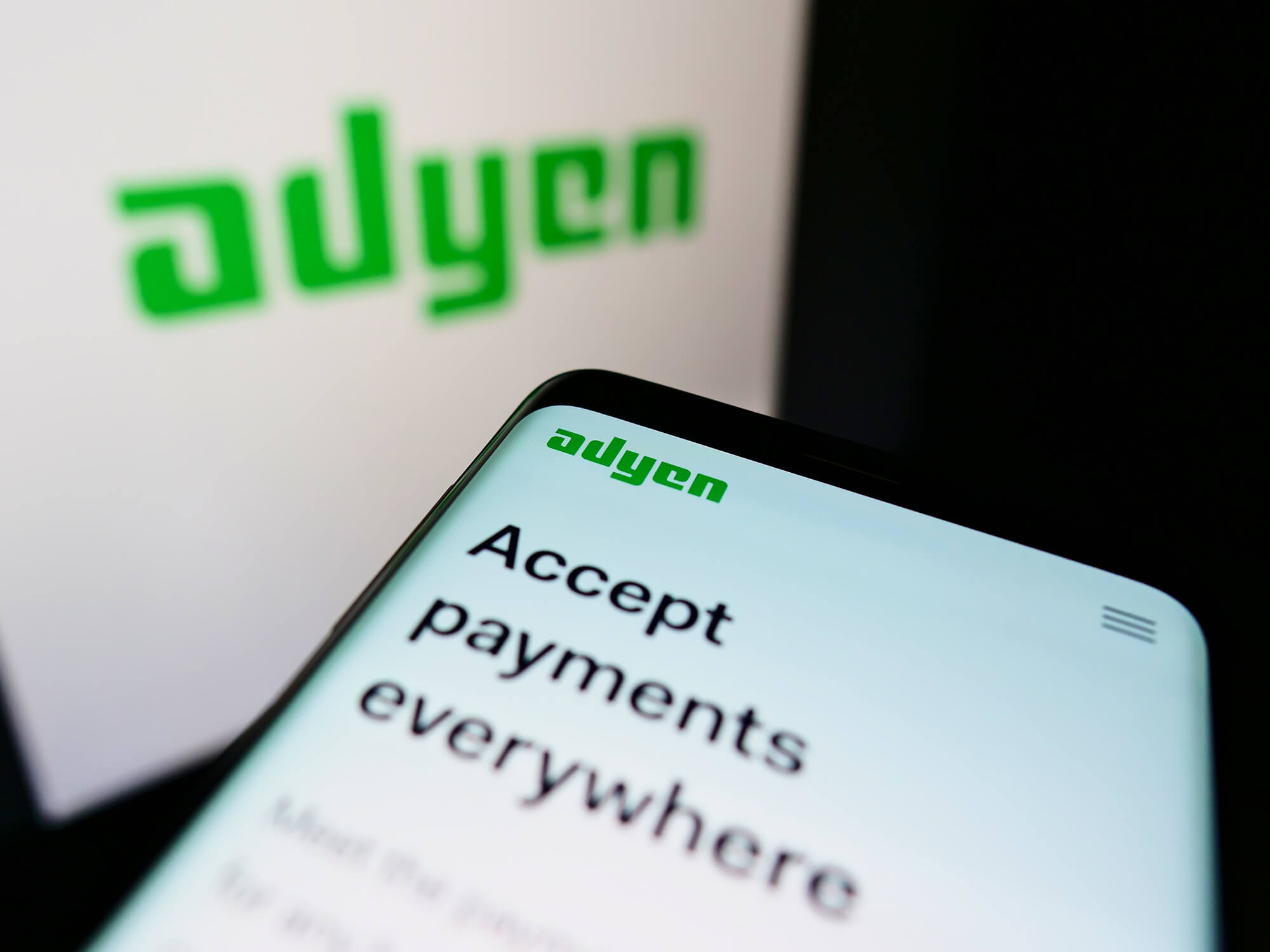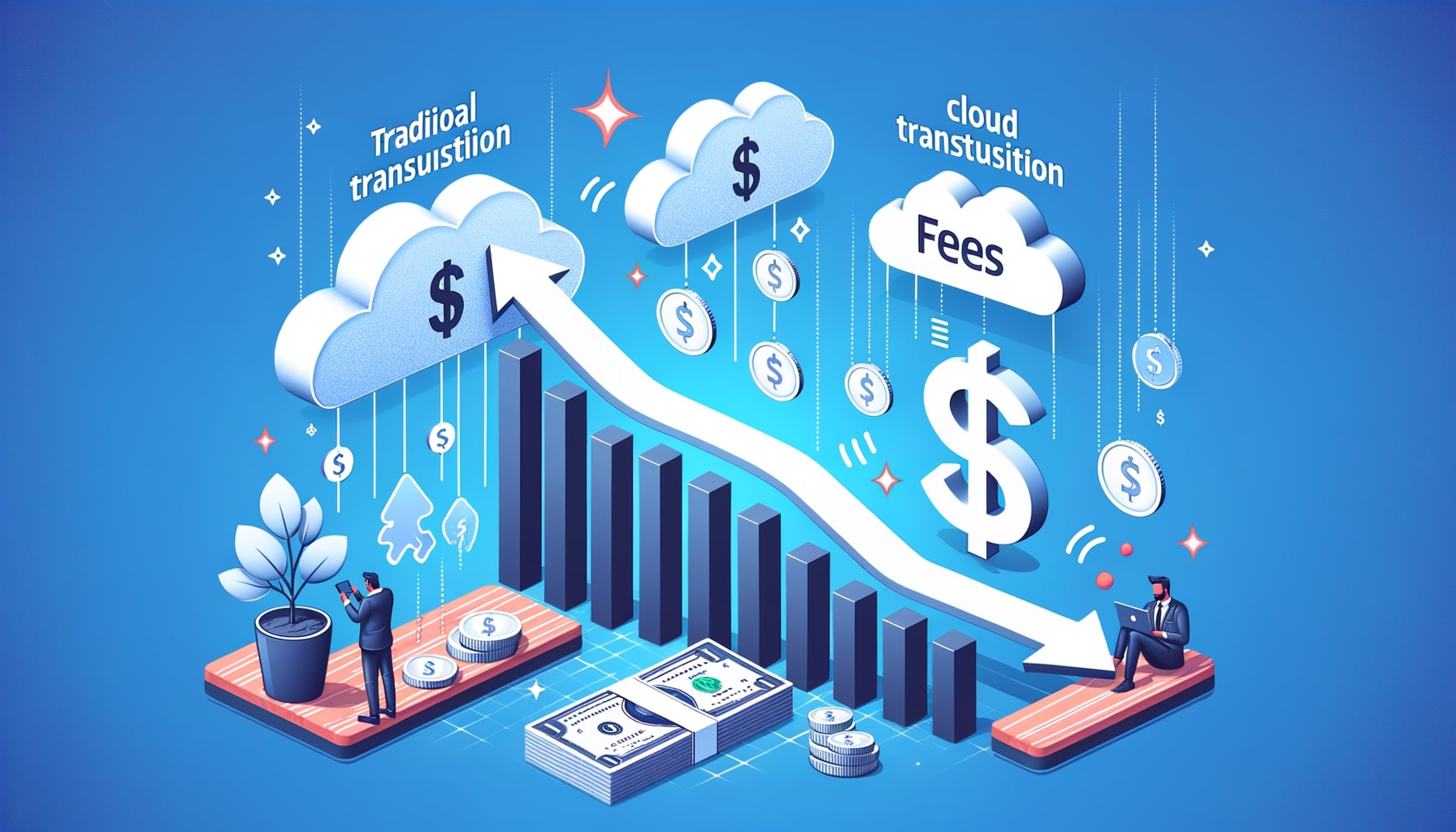Key Players in the Payment Cloud Industry
The payment landscape has undergone a significant transformation in recent years, with the emergence of cloud-based payment solutions revolutionizing the way we conduct transactions. The payment cloud industry has witnessed remarkable growth, driven by the increasing demand for secure, convenient, and efficient payment methods. In this article, we will explore the key players in the payment cloud industry, their offerings, and the challenges and opportunities they face in this dynamic market.
Leading Providers of Cloud Payment Services
Businesses and consumers alike seek seamless, secure, and scalable payment solutions. As we navigate through 2024, a few trailblazers have distinguished themselves as leaders in the cloud payment sphere. here we mentioned some key players in the payment cloud industry, shedding light on their unique offerings and how they’re revolutionizing the way we manage transactions in the cloud.
1. PayPal

As one of the pioneers in the payment cloud industry, PayPal has established itself as a dominant player. With its user-friendly interface and extensive global reach, PayPal enables individuals and businesses to send and receive payments securely. Its cloud-based platform offers a range of features, including invoicing, payment processing, and integration with popular e-commerce platforms.
2. Stripe

Stripe has gained significant traction in the payment cloud industry, particularly among developers and tech-savvy businesses. Its robust API allows seamless integration with websites and applications, enabling businesses to accept payments from customers worldwide. Stripe’s advanced fraud detection tools and customizable payment flows make it a preferred choice for businesses of all sizes.
3. Square

Square has revolutionized the payment industry with its innovative hardware and software solutions. Its cloud-based platform offers a suite of tools, including point-of-sale systems, payment processing, and inventory management. Square’s user-friendly interface and competitive pricing have made it a popular choice for small businesses and entrepreneurs.
4. Adyen

Adyen is a global payment platform that provides businesses with a unified solution for accepting payments across multiple channels. Its cloud-based infrastructure ensures seamless scalability and reliability, enabling businesses to process transactions efficiently. Adyen’s extensive range of payment methods and its focus on data security have made it a preferred choice for enterprise-level organizations.
5. Amazon Pay

As an extension of the e-commerce giant, Amazon Pay has gained significant traction in the payment cloud industry. With its one-click checkout feature and integration with Amazon’s vast customer base, businesses can offer a seamless payment experience to their customers. Amazon Pay’s robust fraud protection measures and its ability to leverage customer data make it a compelling choice for businesses looking to enhance their online payment capabilities.
Comparison of Cloud Payment Platforms
When comparing cloud payment platforms, it’s crucial to evaluate them across several dimensions, including ease of integration, fees and pricing structure, security measures, customer support, and global reach. Below is a detailed comparison that takes these factors into account, showcasing how different platforms stack up against one another.
1. User Experience
When comparing cloud payment platforms, user experience plays a crucial role. PayPal and Square excel in providing intuitive interfaces that are easy to navigate, making them ideal for small businesses and individuals. Stripe and Adyen, on the other hand, offer more developer-centric solutions, allowing businesses to customize their payment flows and integrate with their existing systems.
2. Global Reach
The ability to accept payments from customers worldwide is a key consideration for businesses operating in the global market. PayPal and Stripe have a strong global presence, supporting multiple currencies and payment methods. Adyen, with its extensive network of acquiring banks, offers businesses the flexibility to accept payments in various regions. Amazon Pay leverages Amazon’s vast customer base, making it an attractive option for businesses targeting a wide audience.
3. Integration Capabilities
Seamless integration with existing systems and e-commerce platforms is crucial for businesses looking to streamline their payment processes. Stripe’s robust API and extensive documentation make it a developer-friendly platform, allowing businesses to integrate payment functionality into their websites and applications effortlessly. PayPal and Square also offer a range of integration options, making them suitable for businesses of all sizes.
4. Pricing and Fees
Pricing structures vary among cloud payment platforms, and businesses must consider their specific needs and transaction volumes. PayPal and Square offer transparent pricing models, with competitive transaction fees and no monthly fees for basic services. Stripe and Adyen, on the other hand, have more complex pricing structures, tailored to the needs of larger businesses and enterprise-level organizations.
Benefits of Cloud Payment Solutions
In the ever-evolving landscape of digital commerce, cloud payment solutions have emerged as a pivotal technology, reshaping how businesses and consumers engage in transactions. These platforms not only streamline the payment process but also introduce a plethora of advantages that cater to the dynamic needs of the modern market. Below are the multifaceted benefits of cloud payment solutions, highlighting their impact on efficiency, security, and the overall transaction experience.
1. Enhanced Convenience
Cloud payment solutions offer unparalleled convenience, allowing customers to make payments anytime, anywhere, using their preferred devices. This flexibility eliminates the need for physical payment terminals and enables businesses to cater to the evolving needs of their customers.
2. Improved Security
Cloud payment systems employ robust security measures to protect sensitive customer data. Encryption, tokenization, and two-factor authentication are some of the security measures implemented by leading payment cloud providers. These measures ensure that customer information remains secure throughout the payment process, instilling trust and confidence in both businesses and customers.
3. Scalability and Flexibility
Cloud payment solutions offer businesses the ability to scale their operations seamlessly. Whether it’s handling a sudden surge in transaction volumes or expanding into new markets, cloud-based platforms provide the necessary infrastructure and resources to accommodate growth. Additionally, businesses can easily customize their payment flows and integrate with other systems, enhancing their operational efficiency.
4. Real-time Reporting and Analytics
Cloud payment platforms provide businesses with real-time reporting and analytics capabilities, enabling them to gain valuable insights into their sales performance, customer behavior, and transaction trends. This data-driven approach empowers businesses to make informed decisions, optimize their operations, and drive growth.
Security Measures in Cloud Payment Systems
Cloud payment systems have become increasingly popular due to their convenience and efficiency, but their security measures are what truly set them apart in a world where cyber threats are ever-present. Below are some of the sophisticated security measures that underpin cloud payment systems, ensuring the safe processing and storage of sensitive financial data.
1. Encryption
Encryption is a fundamental security measure employed by payment cloud providers to protect sensitive data during transmission. Advanced encryption algorithms ensure that customer information remains secure and unreadable to unauthorized parties.
2. Tokenization
Tokenization is another critical security measure that replaces sensitive customer data with unique tokens. These tokens are used for transaction processing, ensuring that the actual data is never stored or transmitted, further reducing the risk of data breaches.
3. Two-Factor Authentication
To enhance security, payment cloud platforms often implement two-factor authentication (2FA). This additional layer of security requires users to provide a second form of verification, such as a unique code sent to their mobile device, before accessing their accounts or authorizing transactions.
4. Compliance with Industry Standards
Leading payment cloud providers adhere to industry standards and regulations, such as the Payment Card Industry Data Security Standard (PCI DSS). Compliance with these standards ensures that businesses and customers are protected against potential security threats.
Emerging Trends in the Payment Cloud Industry
The payment cloud industry, a vital component of the fintech ecosystem, is continually evolving, driven by rapid technological advancements and changing consumer expectations. This dynamic landscape is characterized by innovative trends that promise to redefine the future of transactions. Let’s explore some of the most significant emerging trends in the payment cloud industry, highlighting their implications for businesses and consumers alike.
1. Contactless Payments
The COVID-19 pandemic has accelerated the adoption of contactless payment methods, such as mobile wallets and QR code payments. Payment cloud providers are increasingly focusing on enhancing their contactless payment capabilities to meet the growing demand for touchless transactions.
2. Biometric Authentication
Biometric authentication, such as fingerprint or facial recognition, is gaining traction as a secure and convenient method of verifying customer identities. Payment cloud providers are integrating biometric authentication into their platforms to enhance security and streamline the payment process.
3. Internet of Things (IoT) Integration
The integration of payment capabilities into IoT devices is an emerging trend in the payment cloud industry. From smartwatches to connected cars, IoT devices offer new opportunities for businesses to accept payments seamlessly, further blurring the lines between physical and digital transactions.
4. Blockchain Technology
Blockchain technology has the potential to revolutionize the payment industry by providing secure, transparent, and decentralized payment solutions. Payment cloud providers are exploring the integration of blockchain technology to enhance security, reduce transaction costs, and enable faster cross-border payments.
Challenges Faced by Key Players in the Payment Cloud Industry
The payment cloud industry, an essential pillar of the fintech landscape, is experiencing unprecedented growth driven by digital transformation and shifting consumer preferences towards online transactions. However, this rapid evolution brings its own set of challenges that key players must navigate to remain competitive and innovative. Some unique hurdles faced by the industry’s leaders, shedding light on the complexities of operating within the dynamic realm of cloud-based payments.
1. Security Concerns
As payment cloud platforms handle sensitive customer data, security remains a top concern. Key players in the payment cloud industry must continuously invest in robust security measures and stay ahead of evolving cyber threats to maintain customer trust.
2. Regulatory Compliance
The payment industry is subject to various regulations and compliance requirements, such as anti-money laundering (AML) and Know Your Customer (KYC) regulations. Payment cloud providers must navigate these complex regulatory landscapes to ensure compliance and avoid potential penalties.
3. Integration Complexity
Integrating payment cloud platforms with existing systems and e-commerce platforms can be challenging, especially for businesses with complex infrastructures. Key players must provide comprehensive documentation, developer tools, and support to facilitate seamless integration for businesses of all sizes.
4. Competition and Innovation
The payment cloud industry is highly competitive, with new players entering the market regularly. Key players must continuously innovate and differentiate themselves to stay ahead of the competition and meet the evolving needs of businesses and customers.
FAQs
Q. 1. What are cloud payment services?
Cloud payment services are digital payment platforms that operate on cloud computing infrastructure, enabling businesses and consumers to process transactions over the internet securely and efficiently. These services offer advantages such as scalability, enhanced security, and flexibility in payment processing.
Q. 2. How do cloud payment platforms ensure security?
Cloud payment platforms implement several security measures, including encryption, tokenization, and two-factor authentication, to protect sensitive data. They also comply with industry standards like PCI DSS to ensure data security and privacy.
Q. 3. Can cloud payment solutions integrate with existing business systems?
Yes, cloud payment solutions are designed to integrate seamlessly with existing business systems, including e-commerce platforms and accounting software. Providers like Stripe offer robust APIs and extensive documentation to facilitate integration.
Q. 4. What are the emerging trends in the payment cloud industry?
Emerging trends include the adoption of contactless payments, the integration of biometric authentication for secure transactions, the use of IoT devices for payments, and the exploration of blockchain technology for decentralized payment solutions.
Q. 5. What challenges do payment cloud providers face?
Challenges include ensuring the highest levels of security to protect against cyber threats, navigating complex regulatory environments, simplifying integration processes for diverse business systems, and maintaining competitiveness through innovation.
Conclusion
The payment cloud industry has revolutionized the way we pay, offering businesses and customers secure, convenient, and efficient payment solutions. Key players in the payment cloud industry, such as PayPal, Stripe, Square, Adyen, and Amazon Pay have emerged as leaders in this dynamic market, providing a range of features and services to cater to diverse business needs. While the industry faces challenges in terms of security, compliance, integration, and competition, the future outlook remains promising, with emerging trends and technologies set to reshape the payment landscape. As businesses and consumers continue to embrace cloud-based payment solutions, the payment cloud industry will undoubtedly play a pivotal role in shaping the future of commerce.










